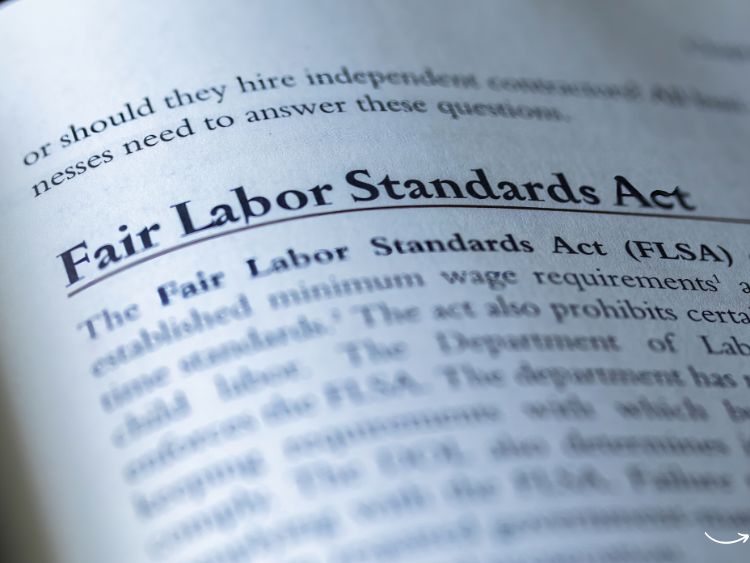Arkansas child labor law is an essential piece of legislation that protects the rights and safety of minors in the workforce. By setting age limits, defining permissible working hours, and outlining safe working conditions, this law ensures that young workers are treated fairly and are not exploited. If you’re a parent, employer, or a young worker in Arkansas, it’s crucial to understand these regulations to ensure compliance and protection.
Understanding Arkansas Child Labor Law
What is Arkansas Child Labor Law?
Arkansas child labor law is a set of state-specific regulations designed to govern the employment of minors. These laws ensure that children are not subjected to hazardous work conditions, overworking, or exploitation. They strike a balance between allowing minors to gain work experience and safeguarding their health, education, and well-being.
Why Are Child Labor Laws Important?
Child labor laws are crucial because they:
- Protect minors from exploitation and hazardous work environments.
- Ensure that young workers are not overworked, allowing them time for education and rest.
- Set standards for fair wages and working conditions.
Key Provisions of Arkansas Child Labor Law
Age Restrictions
In Arkansas, the legal working age starts at 14, with some exceptions for specific types of work, such as entertainment or family businesses. Here’s a breakdown of what minors can do at different ages:
- Under 14: Generally prohibited from working, with exceptions for roles like acting or delivering newspapers.
- 14-15 years old: Can work in non-hazardous jobs, but with restrictions on hours.
- 16-17 years old: Allowed more freedom in work hours and types of jobs, but still protected from hazardous occupations.
Working Hours
For minors aged 14-15, Arkansas law restricts working hours to:
- No more than 3 hours on a school day.
- No more than 8 hours on a non-school day.
- No more than 18 hours in a school week.
- No more than 40 hours in a non-school week.
- Work must not start before 7 a.m. or end after 7 p.m. during the school year, extending to 9 p.m. in the summer.
For 16-17-year-olds, the restrictions are less stringent but still enforce a balance to prevent overworking.
Permissible and Prohibited Jobs
Permissible Jobs
Minors in Arkansas can engage in various jobs, including:
- Office and clerical work.
- Retail and hospitality services.
- Food service roles (excluding cooking with open flames or large fryers).
- Lifeguarding (if properly certified).
Prohibited Jobs
Certain hazardous jobs are off-limits for minors, such as:
- Operating heavy machinery.
- Working with hazardous materials.
- Jobs in mining or demolition.
- Roofing or other high-risk construction roles.
Obtaining a Work Permit
In Arkansas, minors aged 14-15 must obtain a work permit before starting a job. This involves:
- Parental Consent: Parents must sign the work permit application.
- School Approval: The minor’s school must also sign off, ensuring that the job won’t interfere with education.
- Employer Statement: The prospective employer must detail the job duties and certify compliance with child labor laws.
Compliance and Enforcement
Employer Responsibilities
Employers in Arkansas must adhere to child labor laws by:
- Verifying the age of minor employees.
- Ensuring compliance with hour restrictions.
- Providing safe and appropriate working conditions.
- Maintaining proper records of minor employees’ work hours and permits.
Penalties for Non-Compliance
Failure to comply with Arkansas child labor laws can result in significant penalties for employers, including fines and legal action. It’s in every employer’s best interest to understand and follow these regulations to avoid legal issues and promote a safe work environment.
FAQs About Arkansas Child Labor Law
Can a 13-year-old work in Arkansas?
Generally, no. However, exceptions exist for specific types of work, such as acting or family business roles.
What jobs can 14-15-year-olds do?
They can work in non-hazardous roles like retail, food service (with limitations), and office work, subject to hour restrictions.
Do 16-17-year-olds need a work permit?
No, work permits are not required for 16-17-year-olds in Arkansas, but they must still follow hour and job restrictions.
How are work hours different during school and non-school weeks?
During school weeks, 14-15-year-olds can work a maximum of 18 hours, while during non-school weeks, they can work up to 40 hours.
What should I do if my employer violates child labor laws?
Report any violations to the Arkansas Department of Labor, which will investigate and enforce compliance.
Summary
Understanding and adhering to Arkansas child labor law is crucial for the protection and fair treatment of young workers. These laws are designed to ensure that minors can gain valuable work experience without compromising their education, health, or safety. By following these regulations, employers contribute to a safer and more equitable workforce, and young workers can enjoy a balanced and enriching work experience.
Authoritative Links
- U.S. Department of Labor: https://www.dol.gov
- Arkansas Department of Labor: https://www.labor.arkansas.gov
- Fair Labor Standards Act (FLSA): https://www.dol.gov/agencies/whd/flsa
- YouthRules! – Child Labor Laws: https://www.youthrules.gov
- Occupational Safety and Health Administration (OSHA): https://www.osha.gov







